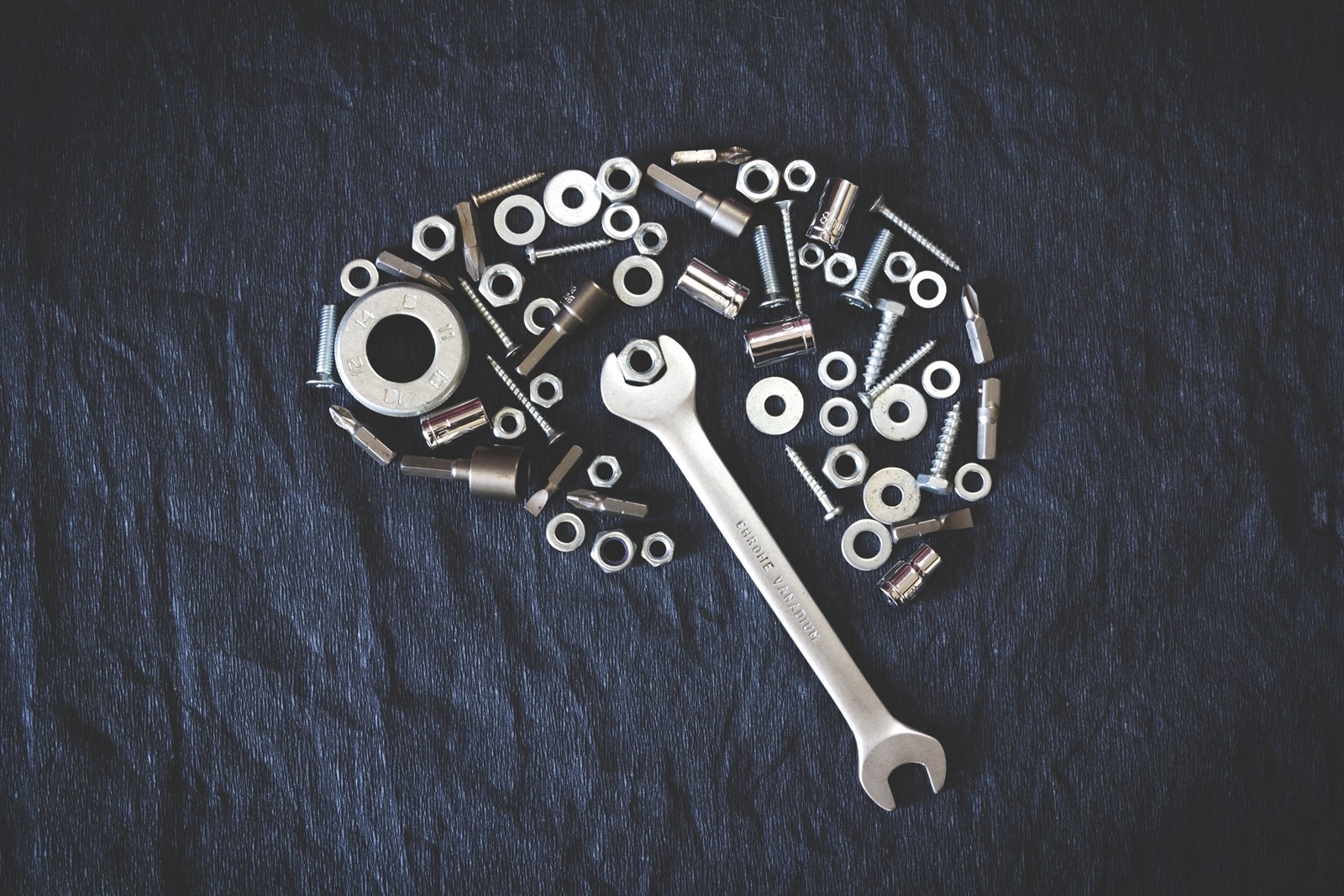Once thought the province of only the most intelligent primates — namely humans — a wide variety of species, including octopuses, birds, and bees are now known to make and use tools for their own goals. Not only do many species besides humans craft and use tools, some have been shown to pass on their knowledge as material culture, shared with other members of the species and younger generations. In this seminar, the speakers will discuss preliminary insights into the neural mechanisms underlying the complex and often social activity that is tool use, as well as the manifestation and transmission of this knowledge. What is the importance of tools as a category of items that we can manipulate in the environment, and how have our brains evolved to process this type of information? Why have so many animals from across the evolutionary tree evolved the ability to use tools, as well as the cognitive capacity to learn from others?
Speakers:
Nicola Clayton, Professor of Comparative Cognition, Cambridge University
Alex Martin, Chief, Section on Cognitive Neuropsychology, Laboratory of Brain and Cognition, National Institute of Mental Health
Ian Tattersall, Curator Emeritus of Human Origins, Division of Anthropology and Professor Emeritus, Richard Gilder Graduate School, American Museum of Natural History
Moderator:
David Barack, Presidential Scholar in Society and Neuroscience, Columbia University
This event is free and open to the public. Reception to follow.
This event is part of the Seminars in Society and Neuroscience series.

